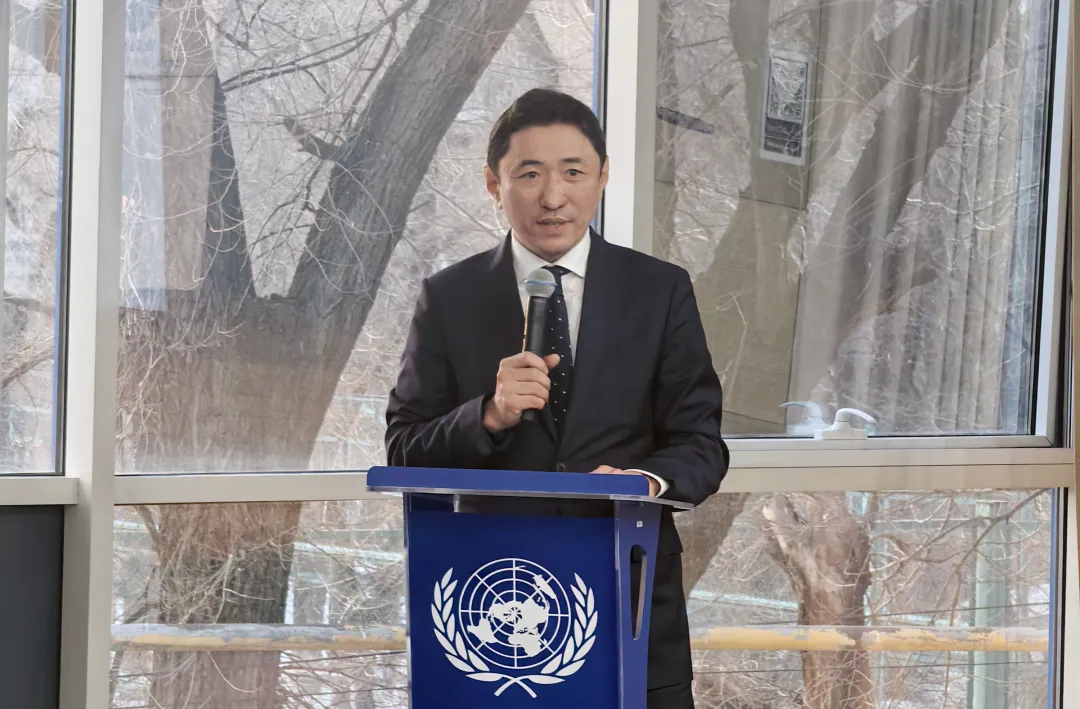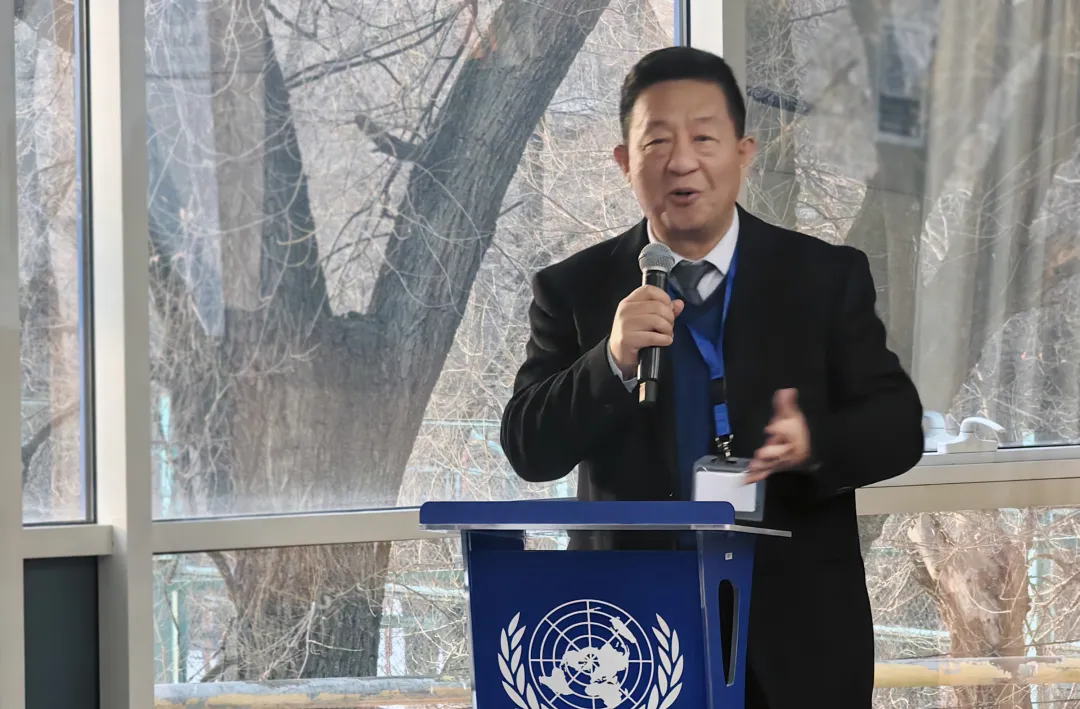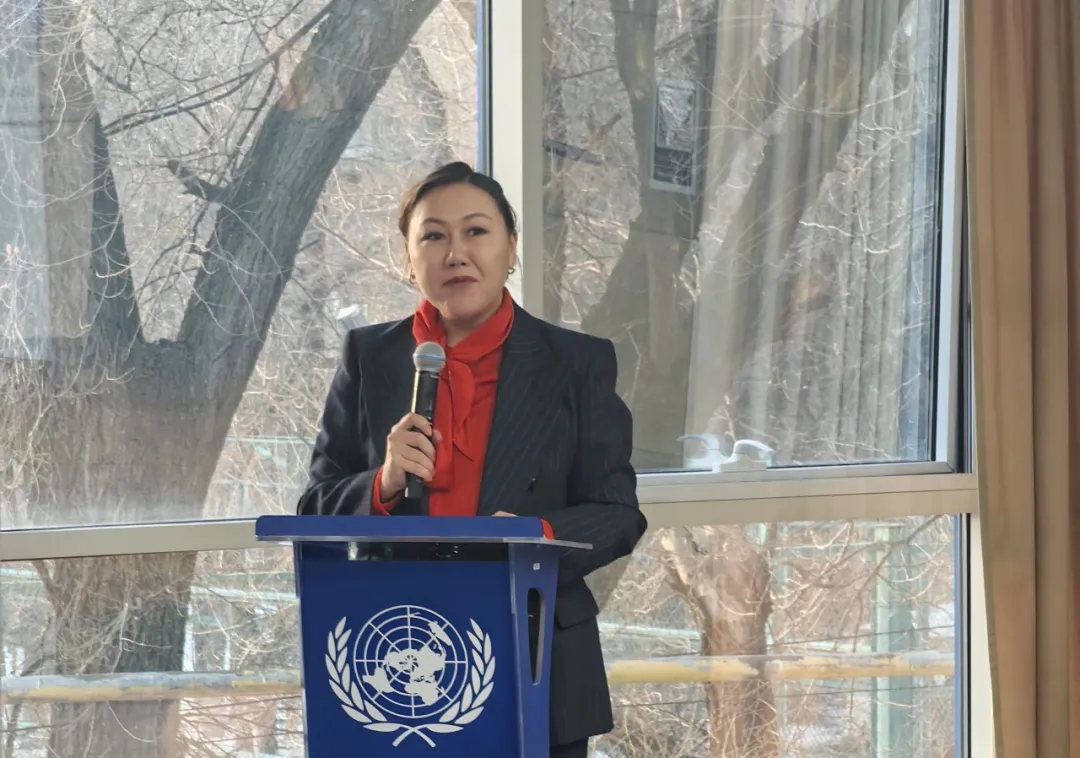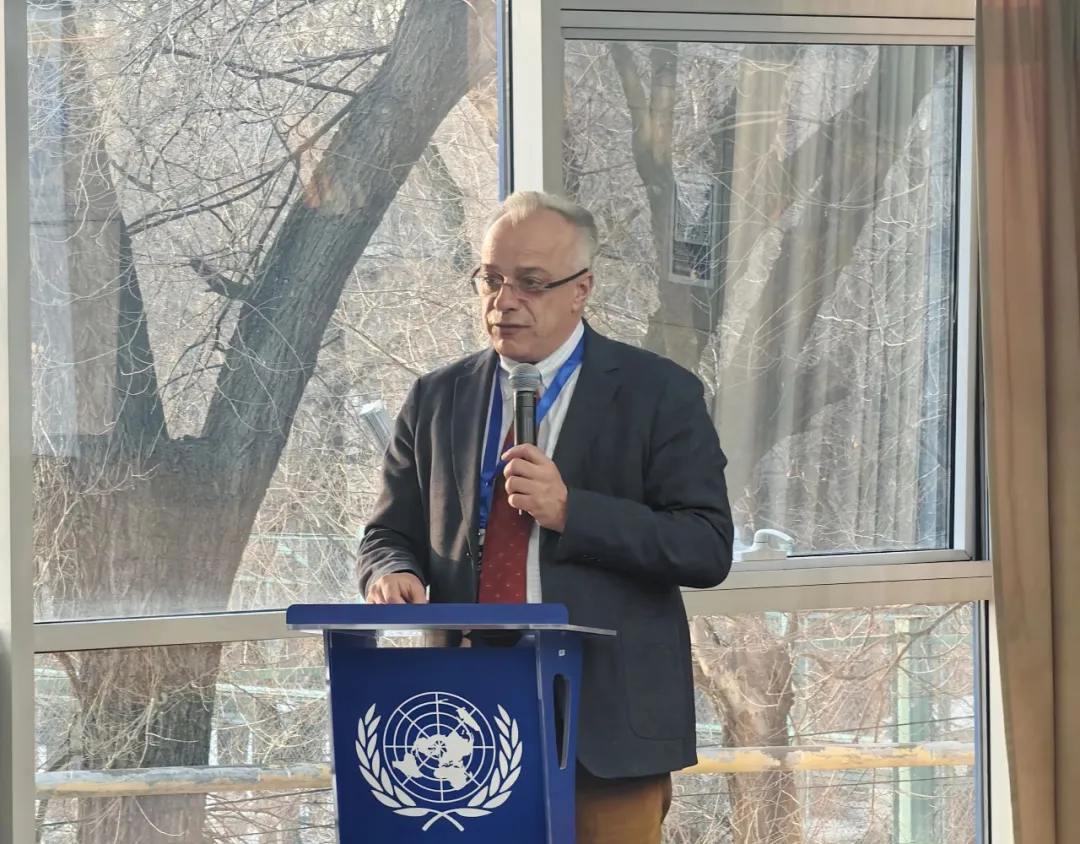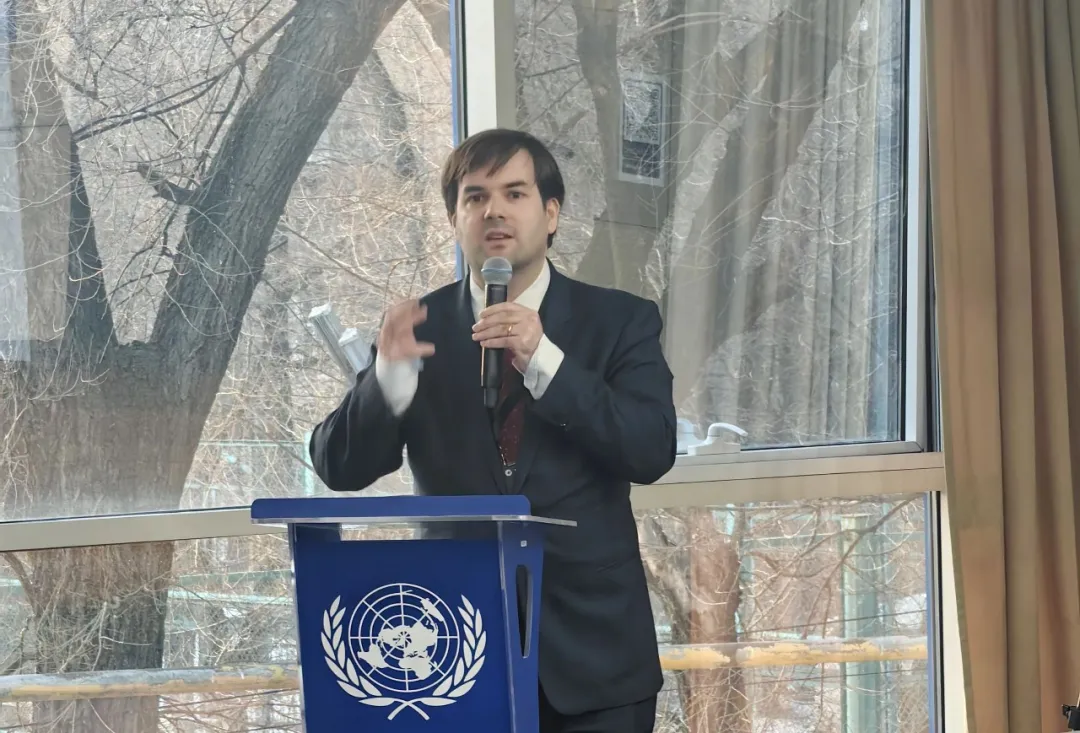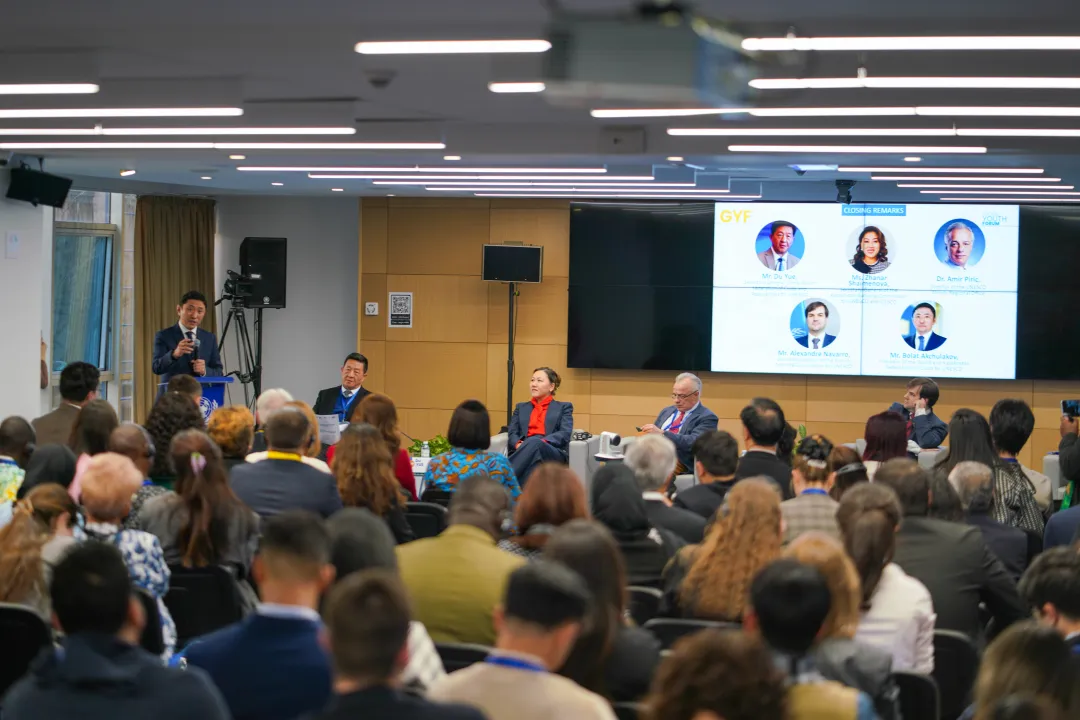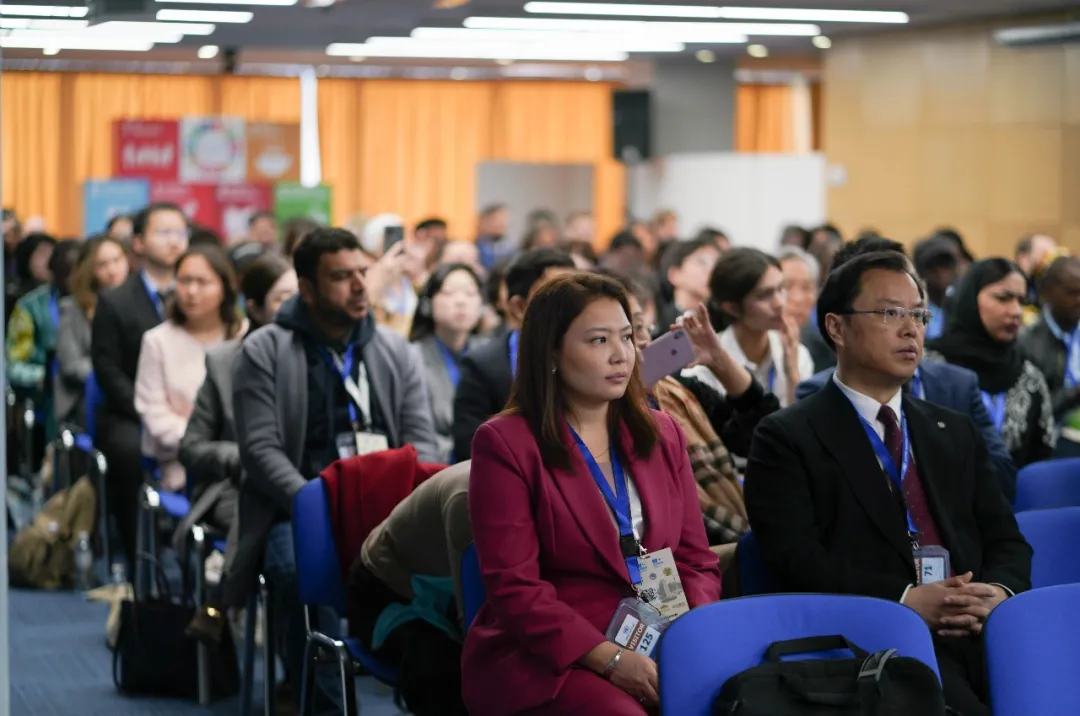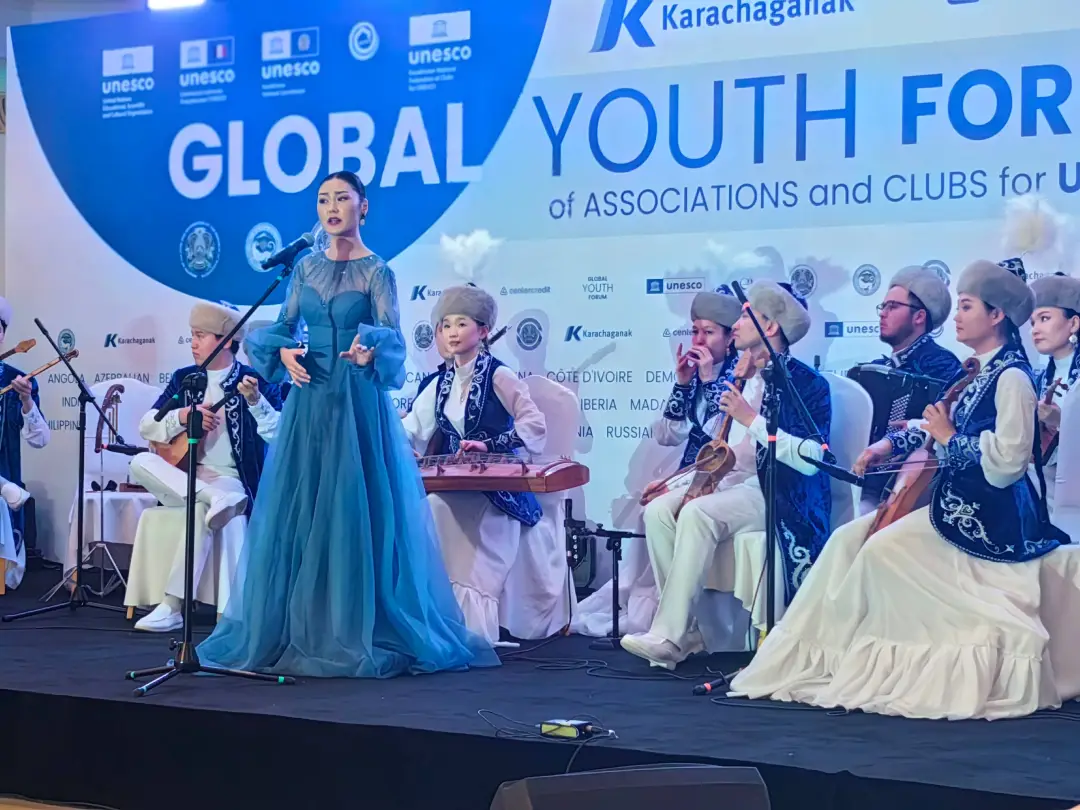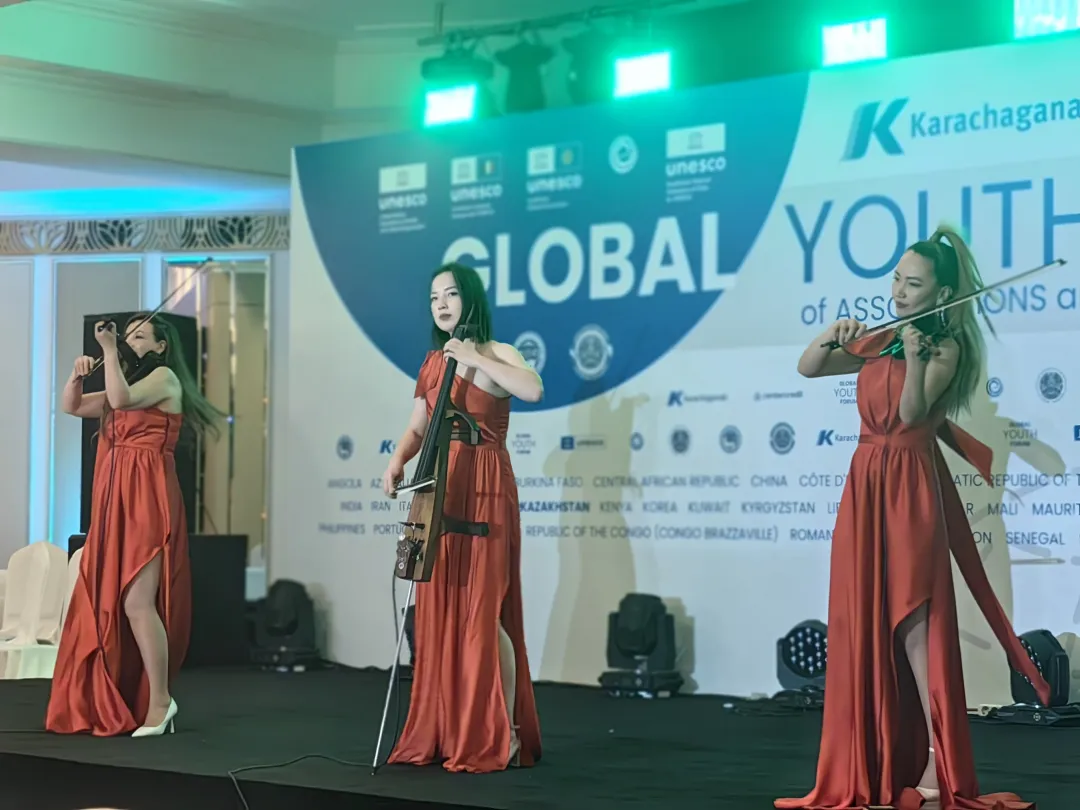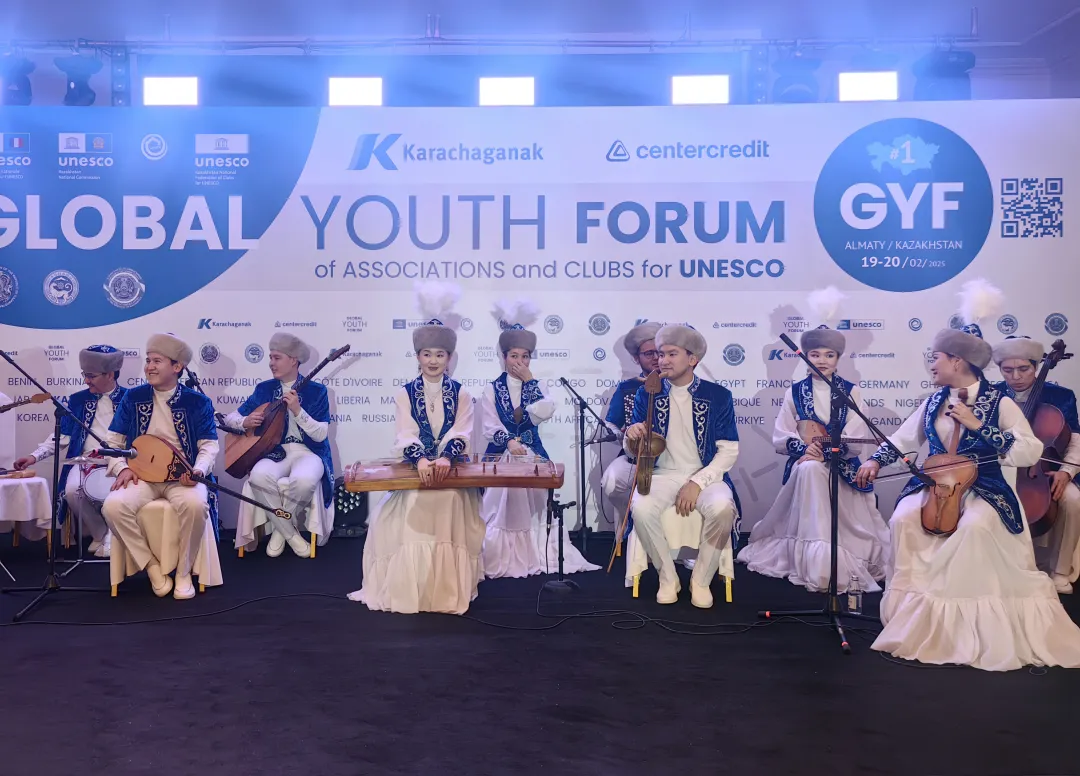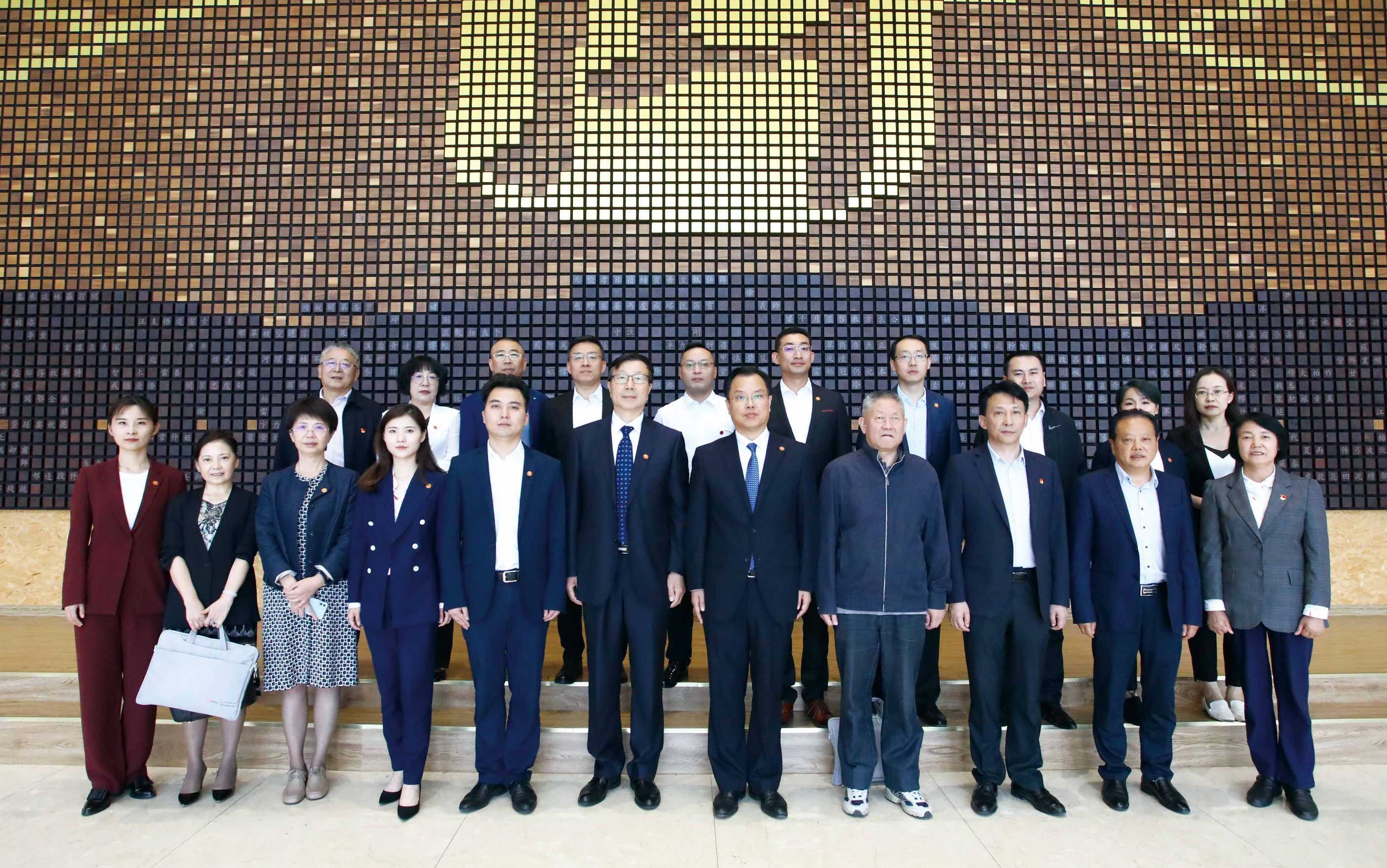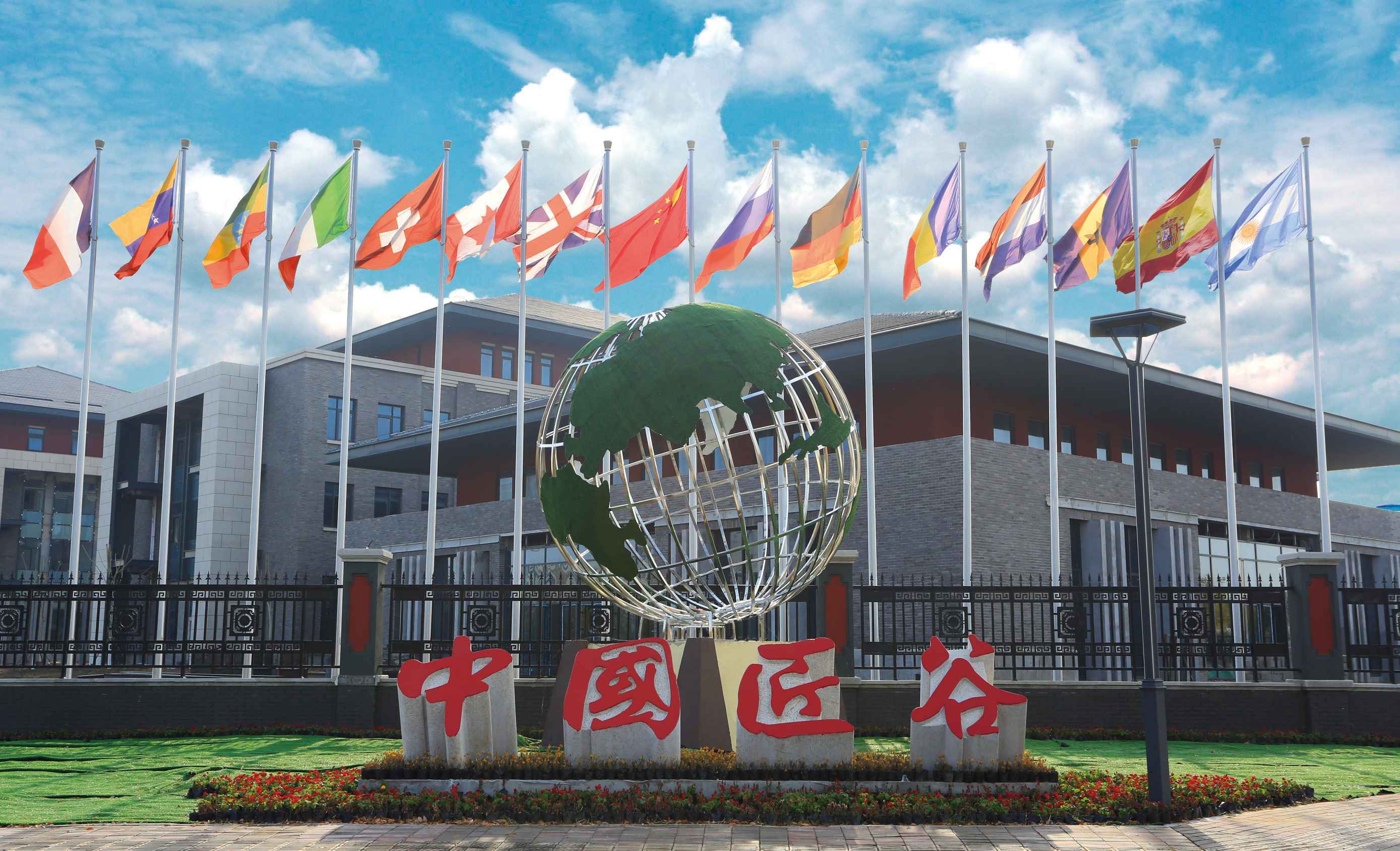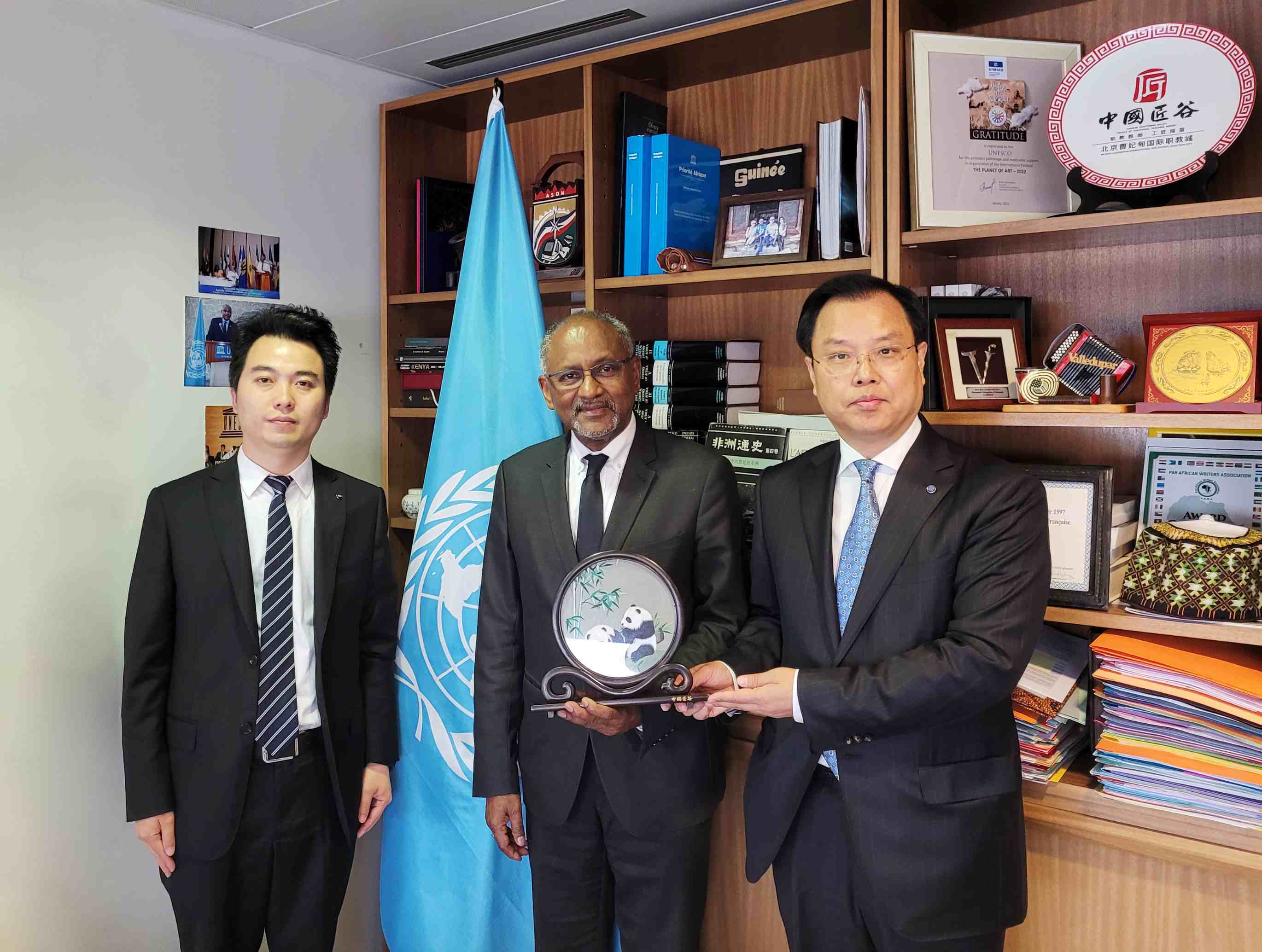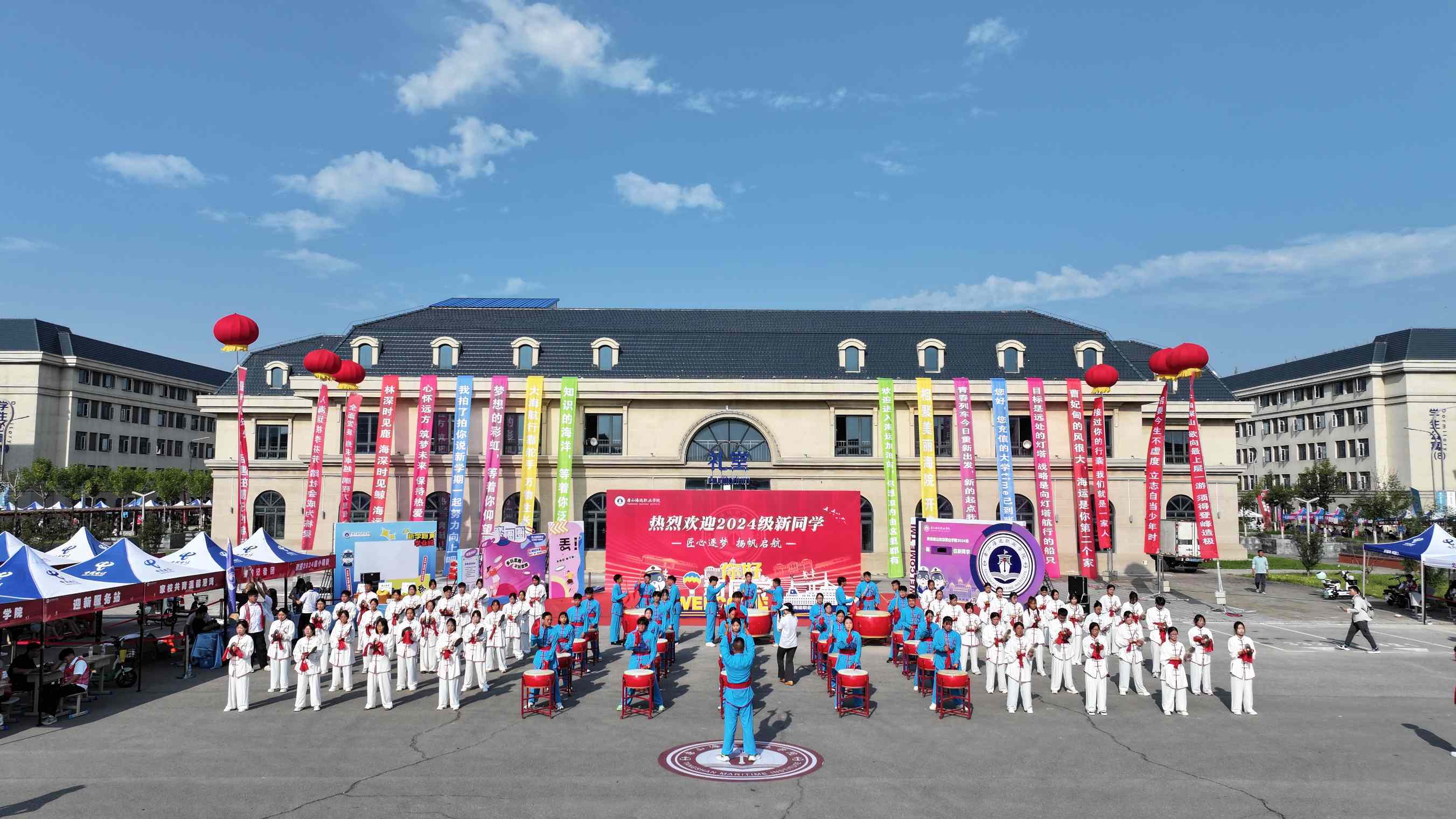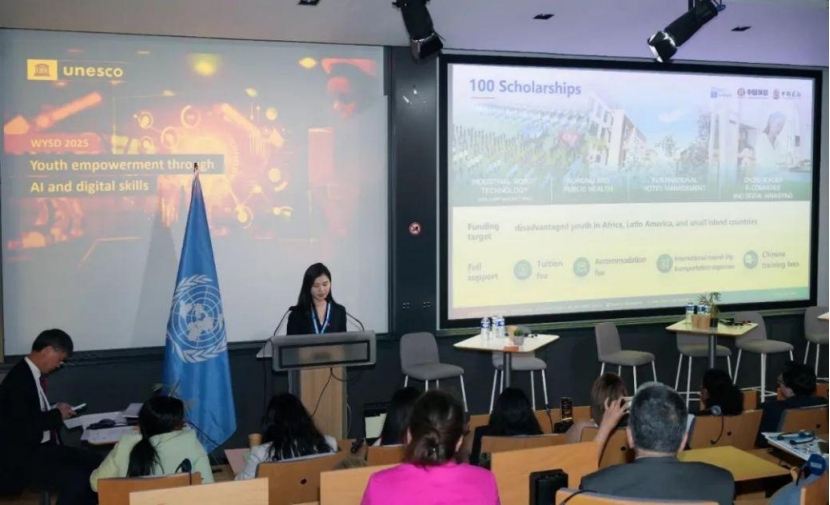Empowering Youth, Driving a Sustainable Future | China POCY Group Invited to Attend UNESCO’s Inaugural Global Youth Forum
Release time:Feb 24,2025
Craftsman Valley News | Empowering Youth, Driving a Sustainable Future | China POCY Group Invited to Attend UNESCO’s Inaugural Global Youth Forum
To enhance the capacity of young people to participate in global governance, the first Global Youth Forum was held in Tunis, Tunisia, from February 19-20, 2025, co-organized by the United Nations Educational, Scientific and Cultural Organization (UNESCO) and the World Federation of UNESCO Clubs, Centres, and Associations (WFUCA), with support from the French National Commission for UNESCO, the Kazakhstan National Commission for UNESCO, and the Kazakhstan Federation of UNESCO Associations. Yao Yichun, President of China Baoxin Group and Chairman of WFUCA’s Industry-Education Integration Committee, and Yang Zhilin, Executive Vice President of China POCY Group, were invited to attend the forum, where they shared innovative practices in youth education, contributing Chinese wisdom to global youth capacity-building.
Harnessing Youth Wisdom and Strength
Themed “Building Youth Capacities as a Driving Force for a Sustainable Future”, the forum attracted nearly 200 participants from 60 countries across Asia-Pacific, Africa, Europe, the Americas, including youth representatives, heads of international organizations, education leaders, and business executives.
At the opening ceremony, speeches were delivered by Firmin Edouard Matoko, UNESCO Assistant Director-General for Africa; Mohamed Elfarnawany, Coordinator for Africa Priority Affairs at UNESCO; Bolat Akchulakov, 10th President of WFUCA; Du Yue, Secretary-General of WFUCA; Azamat Kaldybekov, Deputy Mayor of Almaty; Zhanar Shaimenova, Secretary-General of the Kazakhstan National Commission for UNESCO and ISESCO; Alexandre Navarro, Secretary-General of the French National Commission for UNESCO; and Kairat Kambarov, Chairman of the Youth and Family Affairs Committee of the Kazakhstan Ministry of Culture and Information. They emphasized that achieving the UN’s 2030 Sustainable Development Goals (SDGs) relies on active youth participation, highlighting the importance of equipping youth with resources and opportunities to contribute to a fairer, more equitable, and prosperous world.
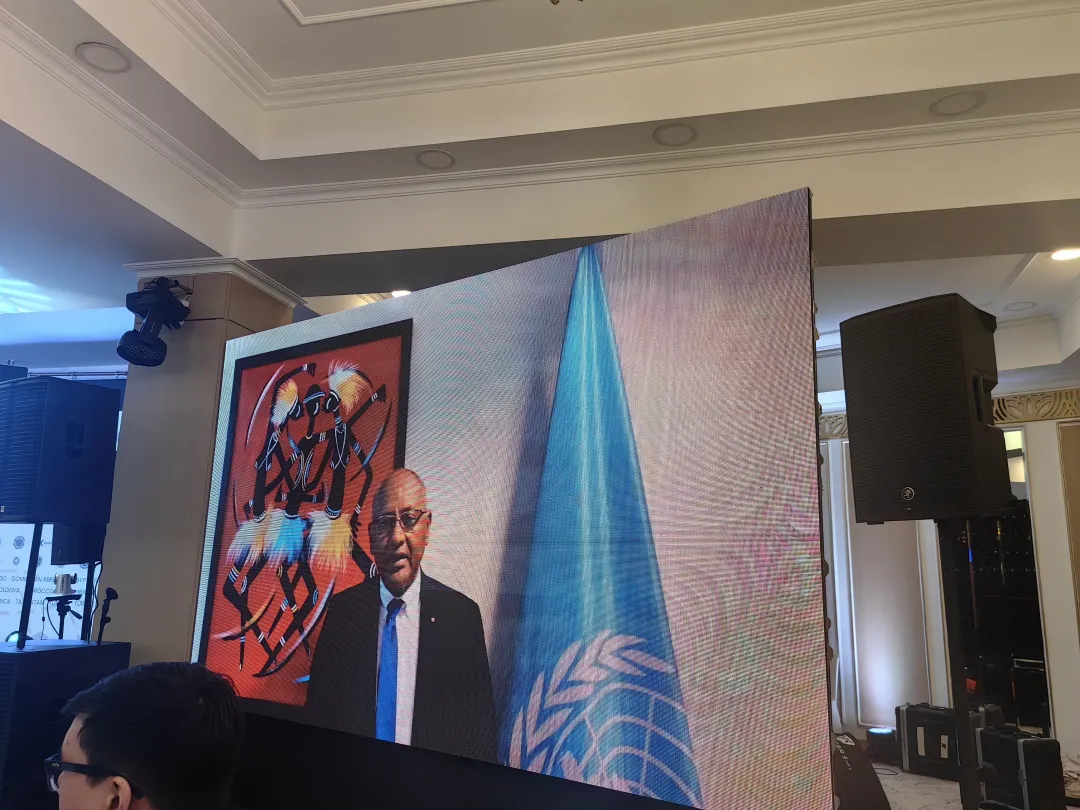
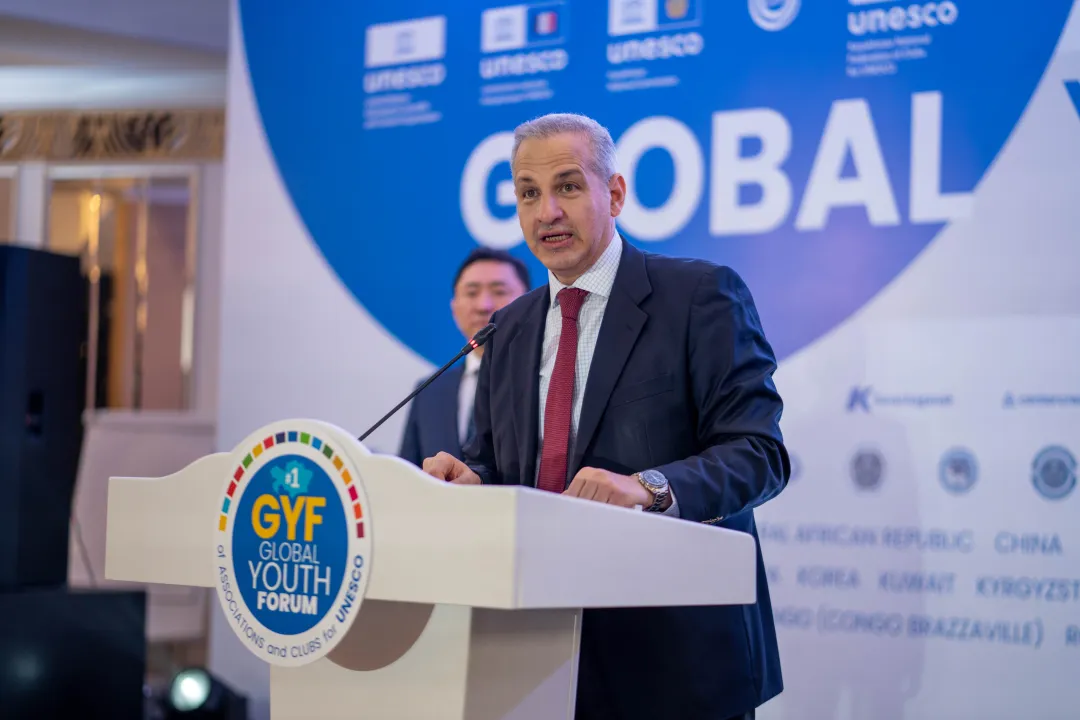
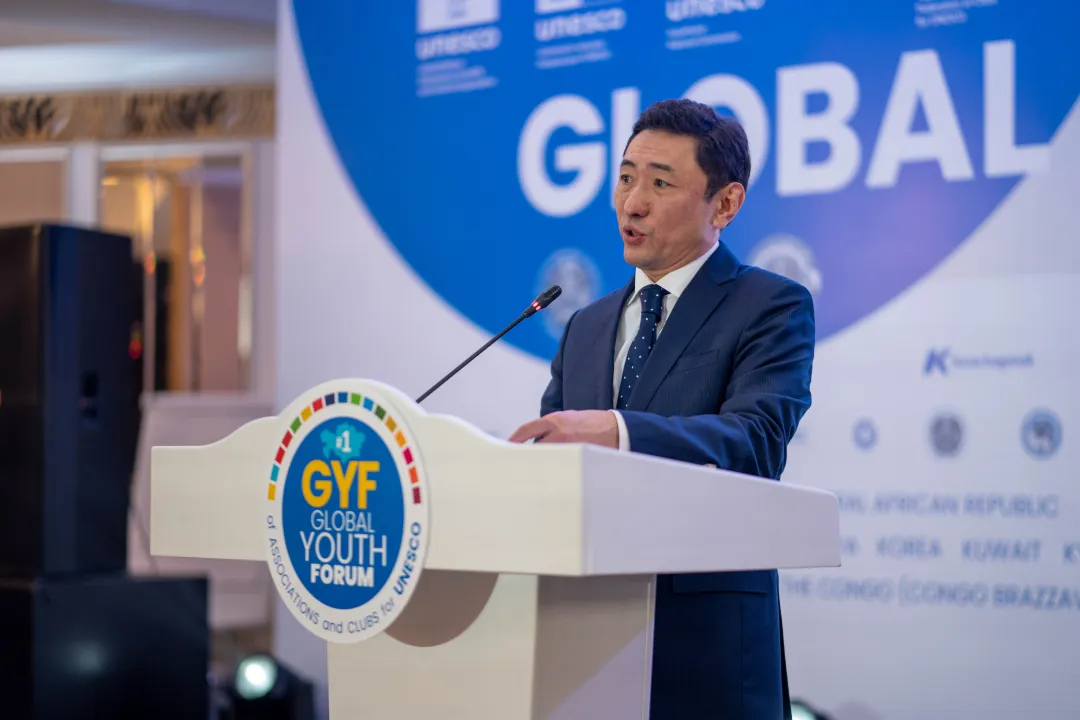
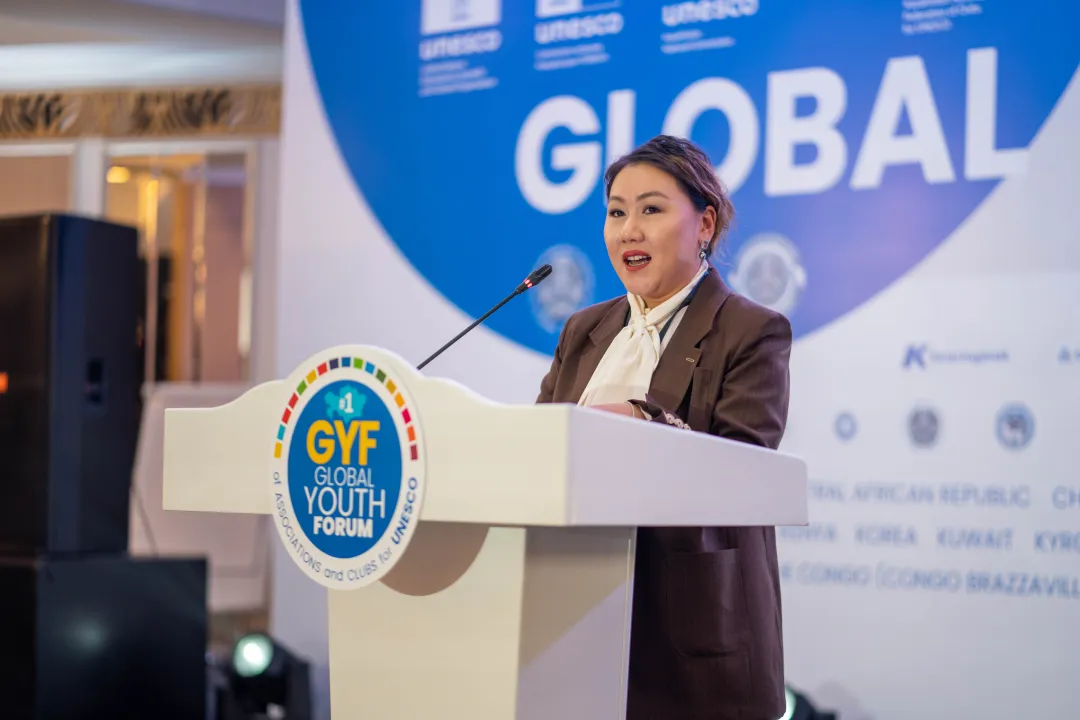
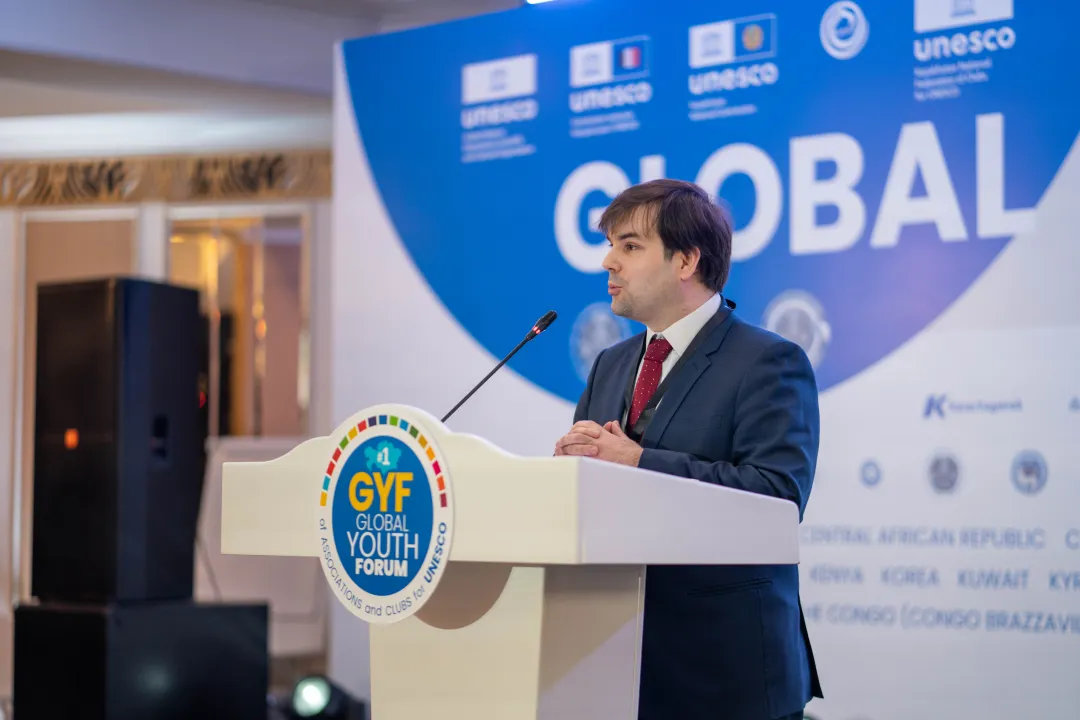
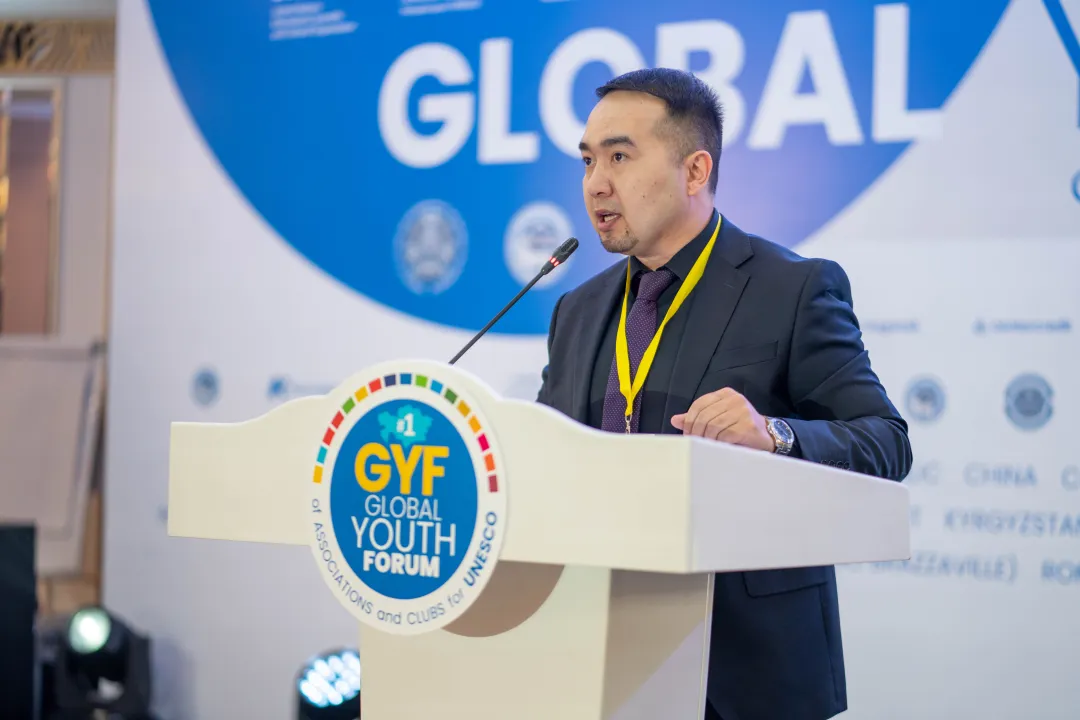
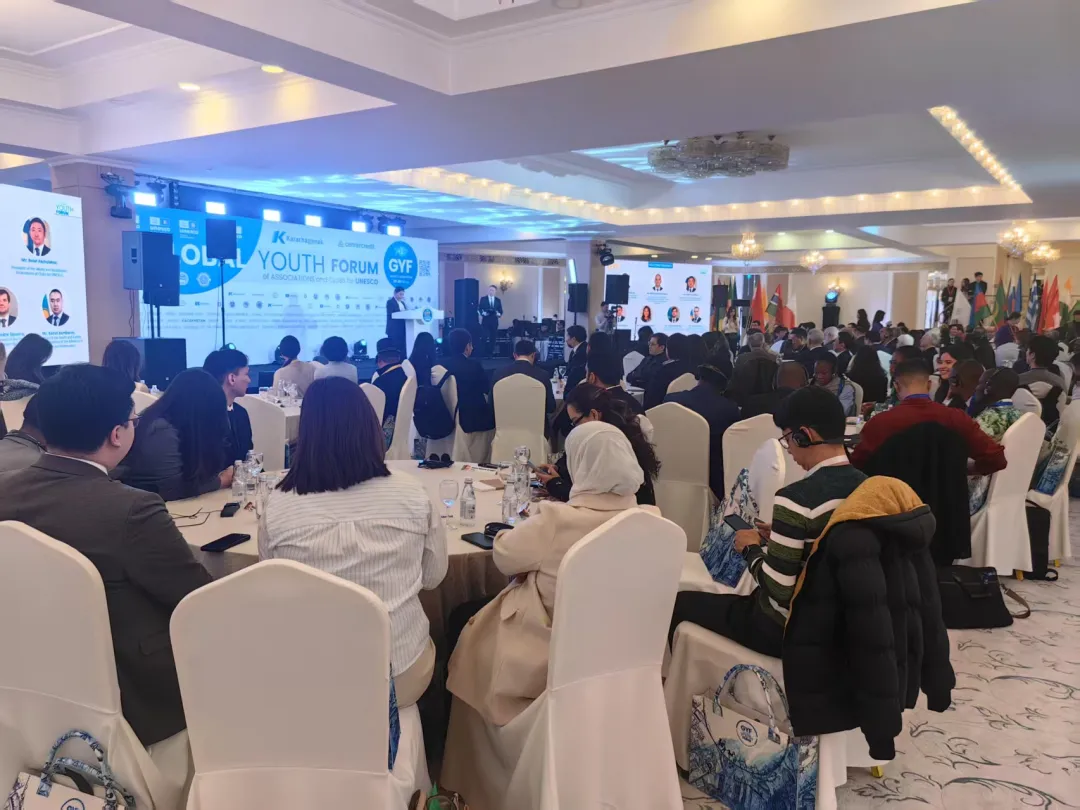
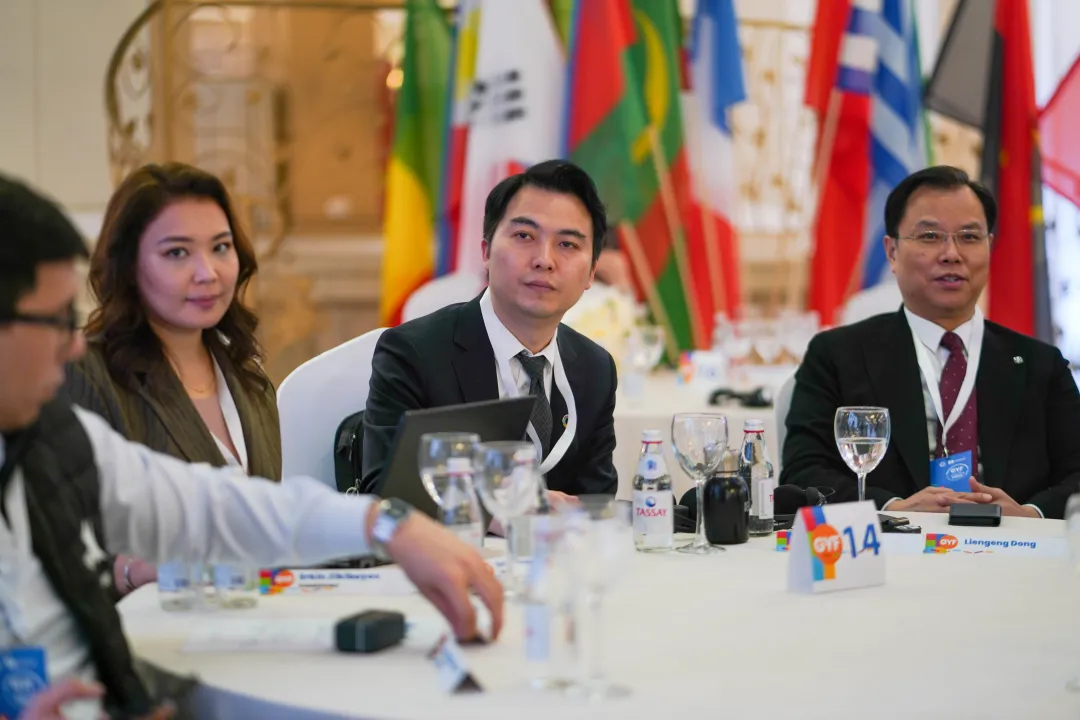
Discussing Core Youth Capacity Building
Youth are a vital force in driving societal change and a key group in achieving the UN’s 2030 SDGs. Amid global challenges like climate change, technological divides, and unequal access to education, young people are accelerating the transition to a green, inclusive, and sustainable future through knowledge-sharing, innovative actions, and cross-border collaboration. The forum focused on pathways to enhance youth capacities, holding in-depth discussions on education empowerment, lifelong learning, and cross-regional cooperation.
In the main session, seven speakers, including Assel Utegenova, Liaison Officer for Associations and Clubs at UNESCO’s Africa Priority and External Relations Department; Yuji Suzuki, Director-General of the National Federation of UNESCO Associations in Japan; and Sudha Balakrishnan, Youth Affairs Officer at the United Nations, shared perspectives and experiences on advancing global development and youth empowerment through education, innovation, and collaboration.
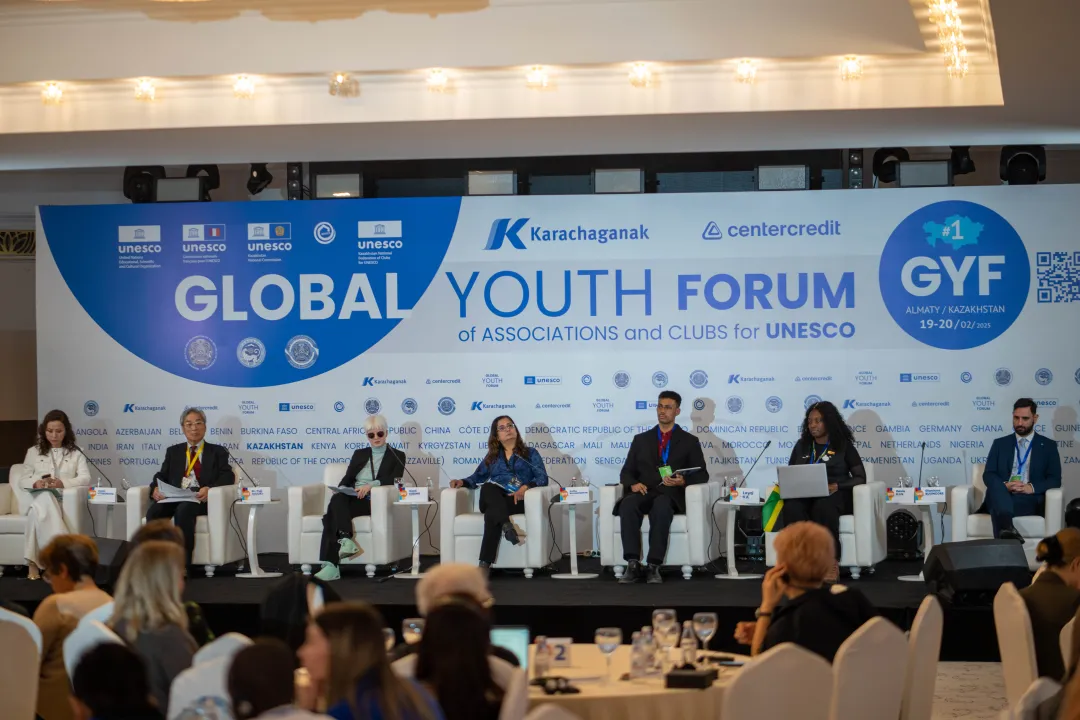
Showcasing Innovative Practices for Youth Development
On the afternoon of February 19, WFUCA held its 44th Executive Committee meeting, focusing on youth empowerment, cross-regional cooperation, and innovative actions. The meeting adopted several resolutions, laying the foundation for WFUCA’s actions over the next five years.
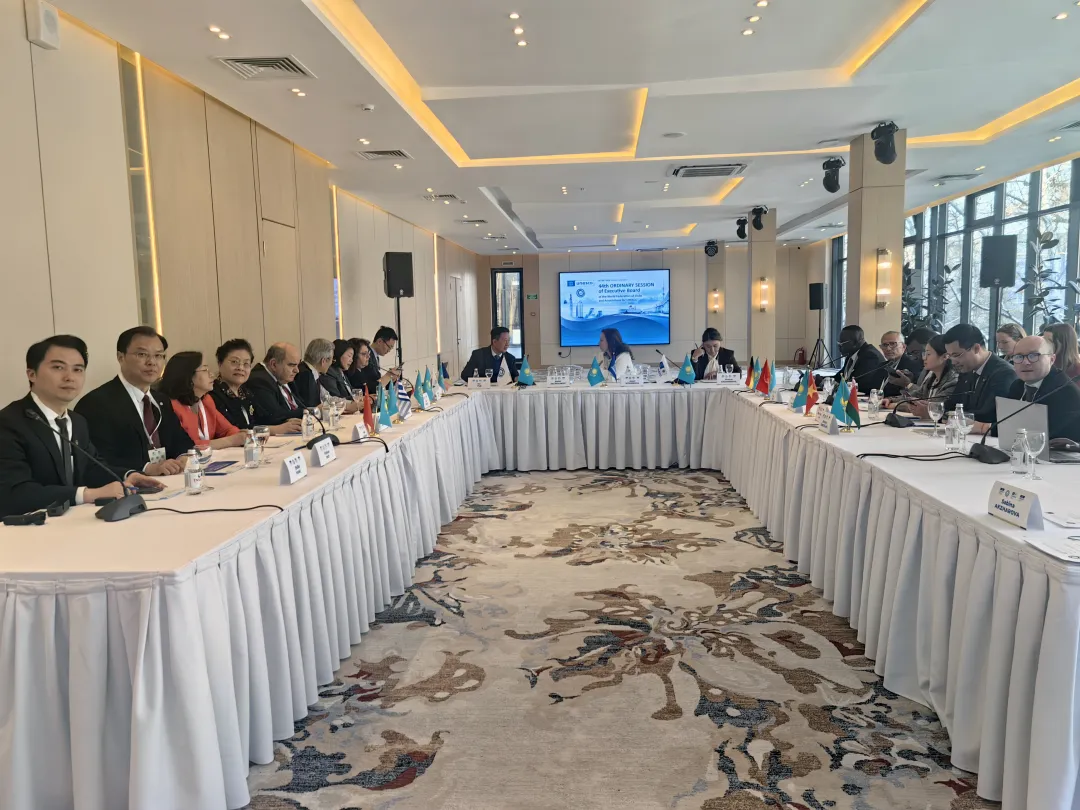
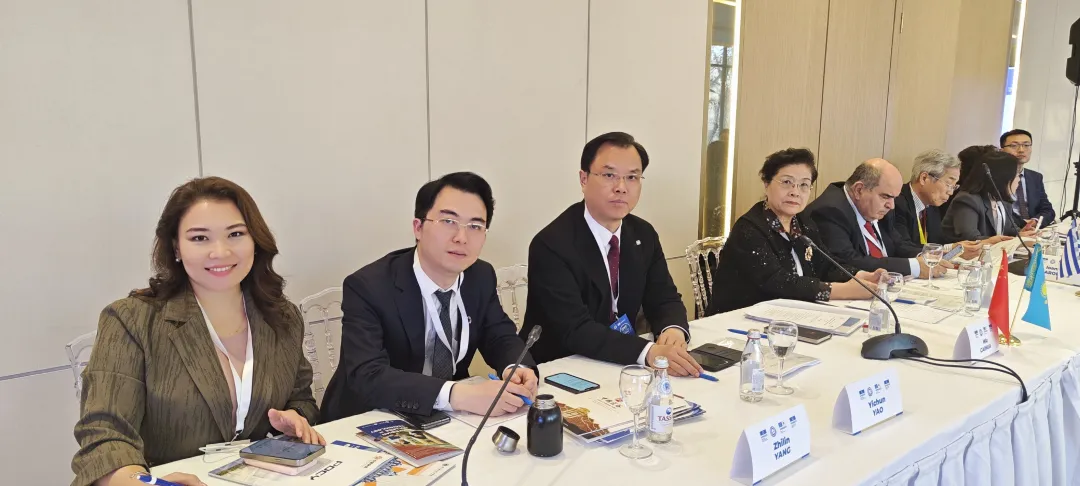
Key outcomes included the approval of the WFUCA 2025-2030 Youth Roadmap, identifying priority areas for participation and engagement; regional and national reports on 2025 key projects, sharing case studies in education and cultural preservation; and the adoption of a new sustainable financial framework to optimize resource allocation and enhance cross-regional collaboration. Additionally, a new interactive website was launched, enabling members to share data, track project progress, and improve collaboration efficiency in real time.
During the case-sharing session, China Baoxin Group showcased its achievements in youth education, skills training, and international cooperation. As the chair of WFUCA’s International Industry-Education Integration Committee, Baoxin Group has, in recent years, connected with global high-quality educational resources, expanded multidimensional cooperation, and empowered youth development through quality education and skills training. These efforts have supported youth employment and provided robust talent support for addressing global challenges and building a shared future for mankind.
On one hand, Baoxin Group focuses on cultivating youth skills through professional talent development models, including work-study alternation, production training, internships, and order-based training. It promotes school-enterprise cooperation and industry-education integration, refining the talent cultivation chain for high-quality vocational skills and fostering synergy between industrial economies and youth talent. The group actively advances international cooperation, implementing initiatives like the Craftsman Valley Elite Teacher Program, study tours, vocational education exports, Sino-foreign cooperative education, and international partnerships to nurture Chinese youth with global competencies.
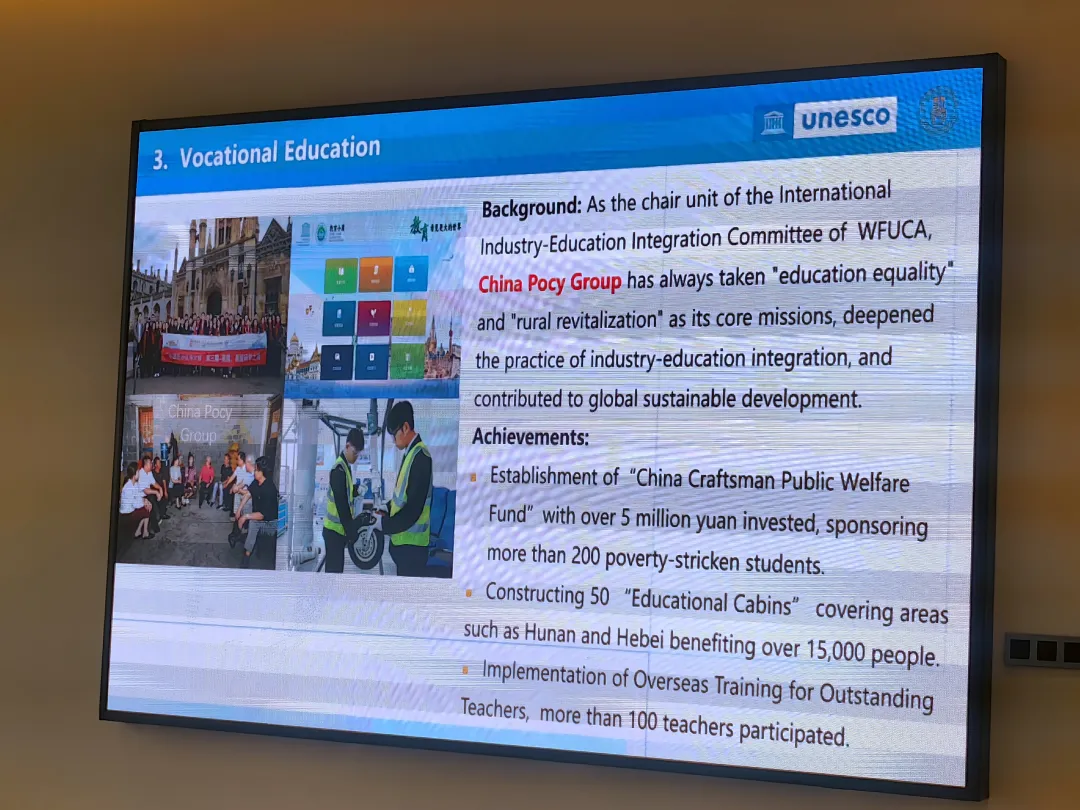
On the other hand, leveraging its status as the only UNESCO-designated World Vocational and Technical Education Training Base, POCY Group enhances global skills development and refines the talent cultivation chain. It deepens cooperation with African vocational institutions through initiatives like establishing schools in African countries and conducting China-Africa educational and cultural exchange projects, supporting Africa’s priority development strategies. By sharing models like “order-based training” and the “Five Ones Assistance System” with Belt and Road countries, it promotes globalized vocational education solutions for poverty reduction.
Looking ahead, China POCY Group will continue to uphold the philosophy of “skills change destinies”, playing a key role in advancing youth rights, fostering innovation, and promoting poverty reduction and sustainable development through education.
Defining the Global Youth Development Roadmap
Youth are not only beneficiaries of global development but also drivers of change. A major outcome of the forum was the release of two key documents: “WFUCA Youth Roadmap 2025-2030: Building a Sustainable Future Together” and “WFUCA Youth Roadmap 2025-2030: Youth Empowerment under UNESCO’s Africa Priority”.
These roadmaps address the mission and core needs of global youth development, focusing on education, culture, skills training, employment, youth exchange and cooperation, and social inclusion. They urge countries to establish effective youth development policy mechanisms to safeguard youth rights. Under the “Africa Priority” initiative, the roadmaps call for educational aid to Africa, emphasizing girls’ education, vocational and technical education, literacy programs, and digital transformation in education to enhance educational outcomes in Africa.
Building a Shared Future for Mankind
At the closing ceremony, Bolat Akchulakov, 10th President of WFUCA, delivered a concluding speech, with Du Yue, WFUCA Secretary-General, moderating the event. Speeches were also given by Zhanar Shaimenova, Secretary-General of the Kazakhstan National Commission for UNESCO and ISESCO; Dr. Amir Piric, Director of UNESCO’s Almaty Regional Office; and Alexandre Navarro, Secretary-General of the French National Commission for UNESCO, focusing on youth empowerment and global collaboration.
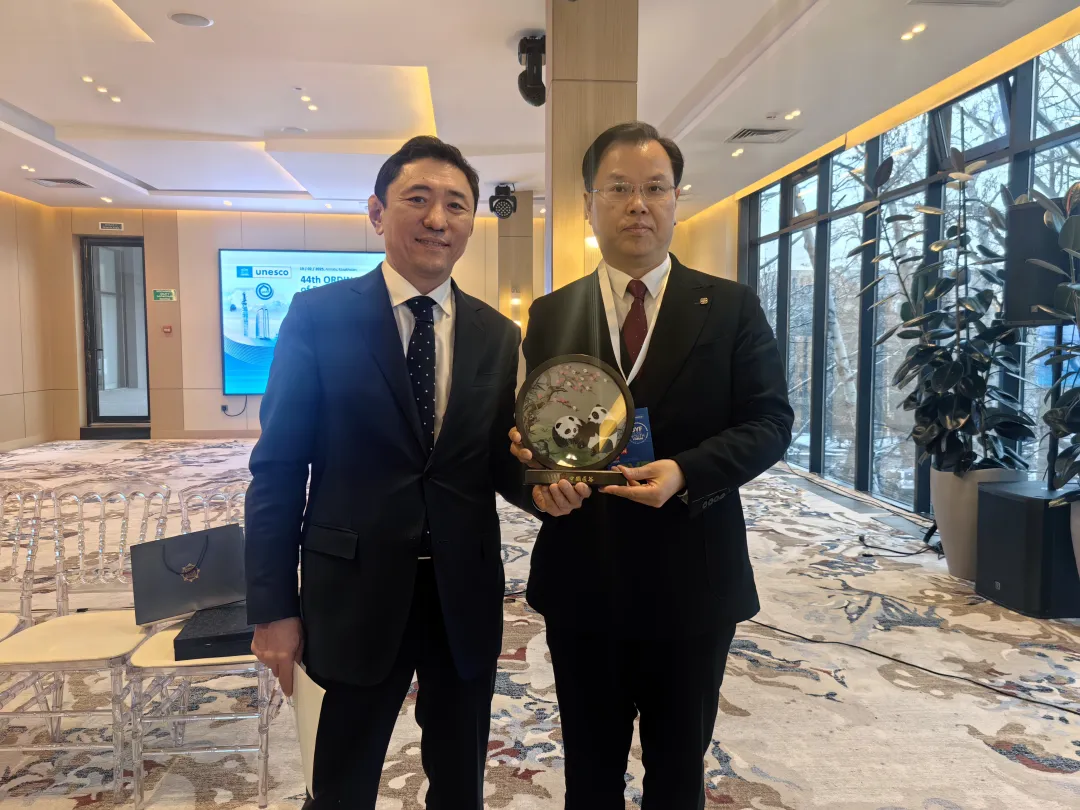
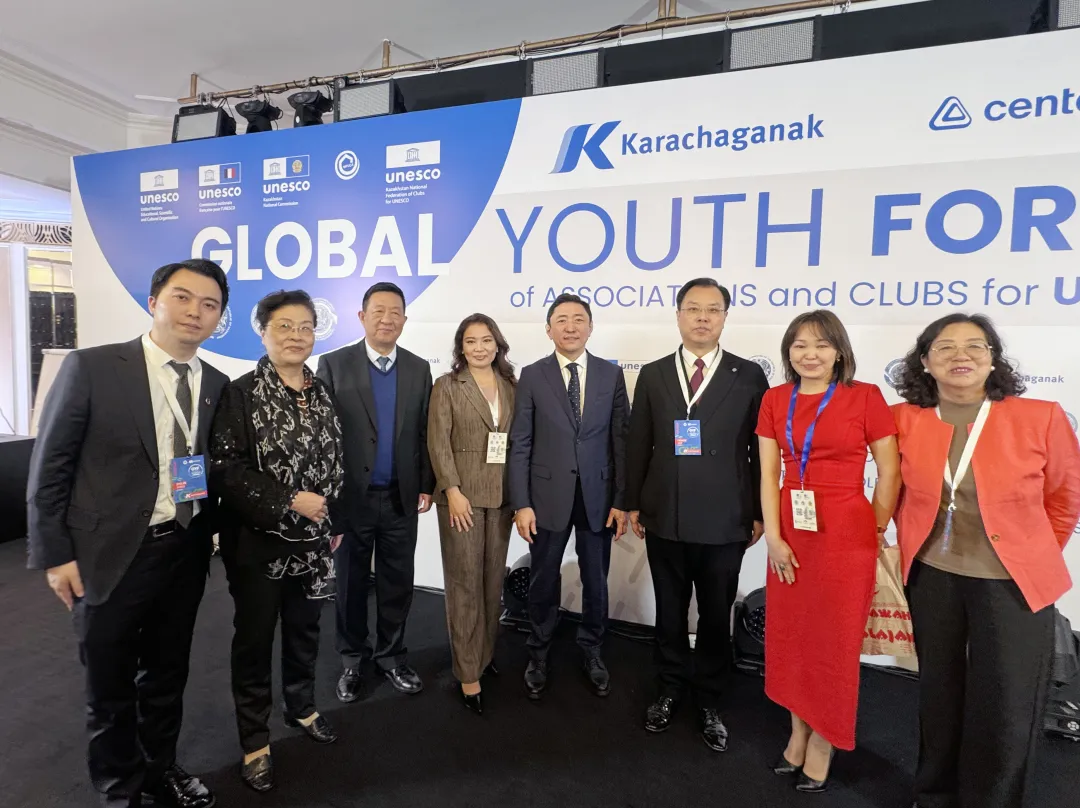
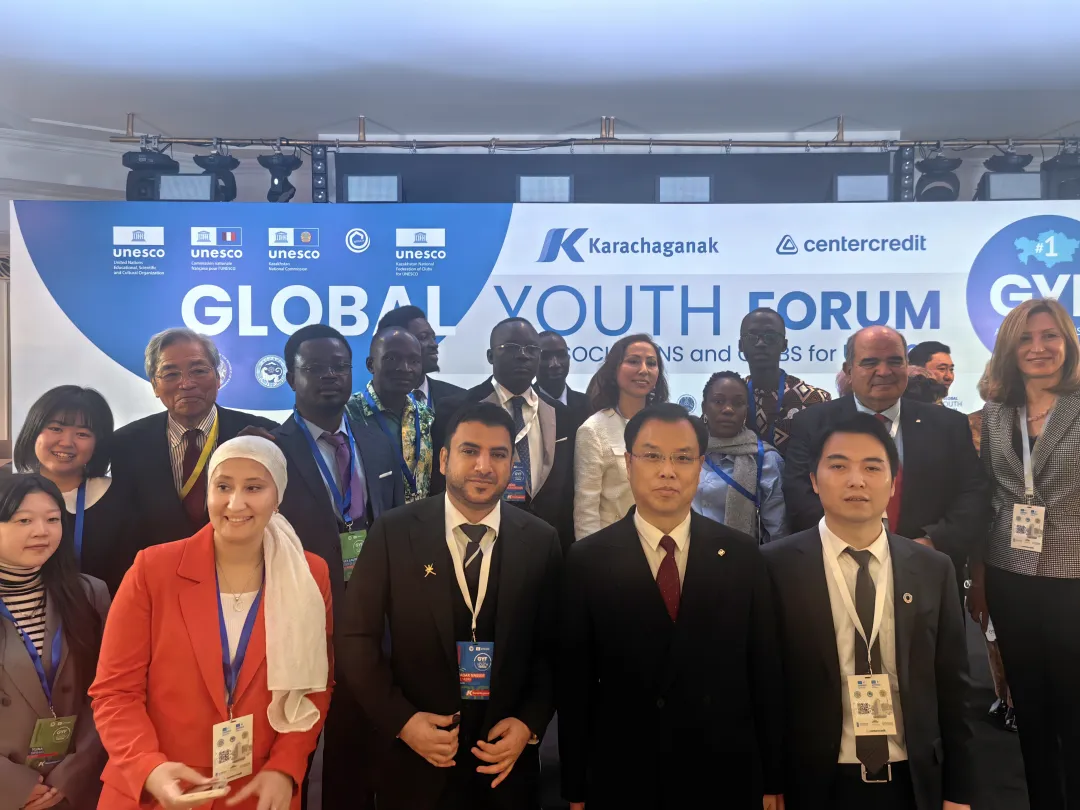
Akchulakov underscored the critical role of international cooperation in addressing global challenges and advancing educational innovation, stating that WFUCA will prioritize youth capacity-building over the next five years. He called on governments and enterprises to support the “Youth Roadmap” actions, injecting new momentum into youth participation in global governance and sustainable development.
The forum featured keynote lectures, interactive discussions, and cultural performances, with participants exchanging views, engaging in dialogue, and advocating for action on youth-related topics like education, culture, and innovation. The event built a global youth collaboration network and reached multiple action consensuses, mobilizing the broadest youth forces to advance the UN’s 2030 Sustainable Development Agenda.
